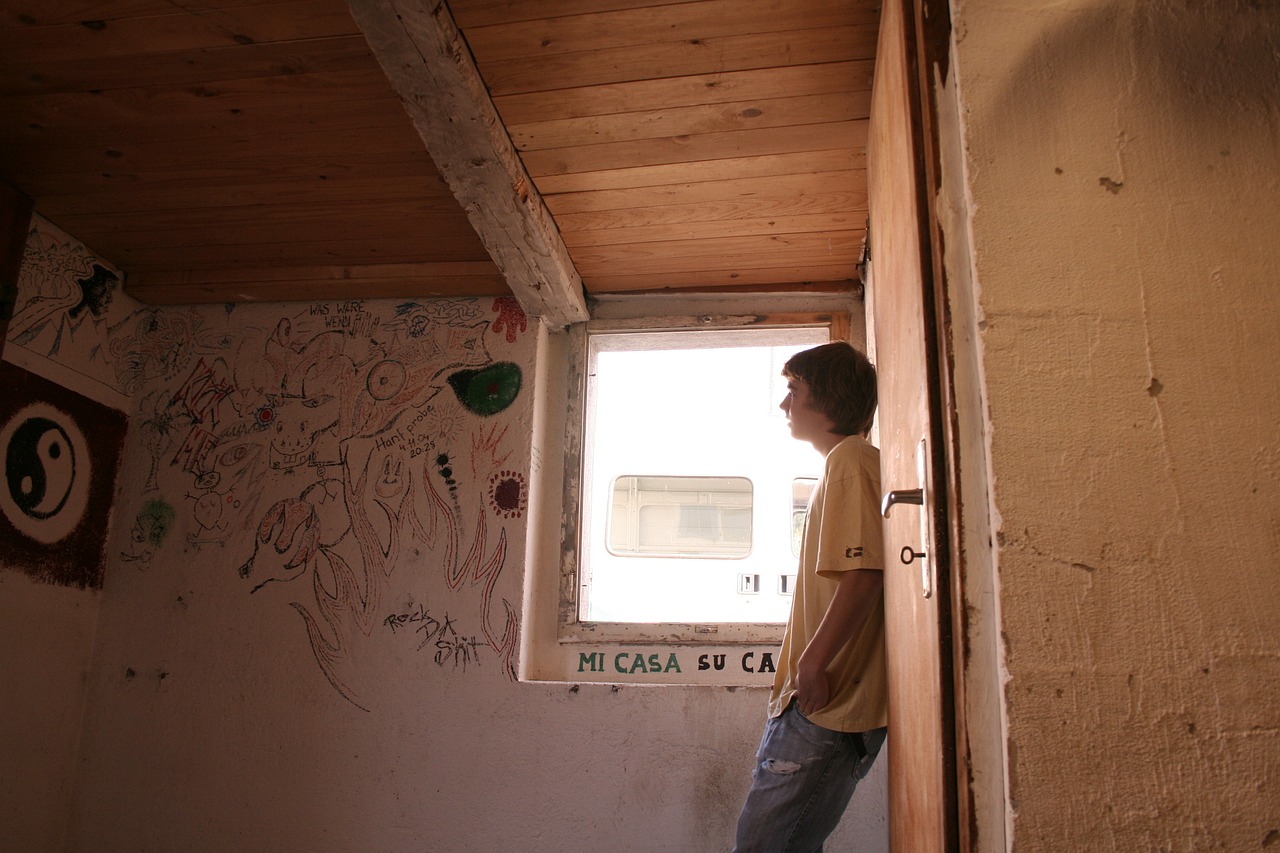
‘Unprotected, overprotected’ published 10 September 2015 is a new, very significant and excellent piece of research funded by Comic Relief, carried out by Dr Anita Franklin, Phil Raws and Emilie Smeaton which explores the experiences of children with learning disabilities at risk of sexual exploitation.
The Ann Craft Trust would urge all those working with both disabled children and adults to look at this highly readable and accessible work. Learning disabled children become learning disabled adults and we need to see the risks from early years right through transition to adulthood. Professionals need to develop preventative and resilience building work with all the young people around choice, communication, recognising safety, safer friendships, both online and day to day sexual safety and freedom from exploitation.
What it highlights are the needs of young people and how we, as parents, professionals and workers of all disciplines, can help to create safer networks with attention to needs and early signs and indicators that a young person may be at risk. The researchers interviewed 27 young people, spoke to many professionals and stakeholders, carried out a survey of LSCBs and reviewed literature and policy across Wales, Scotland, Northern Ireland and England. They have produced some key findings in both short and long report formats plus a Practice Guide. This is the first national study looking specifically at Learning Disability and CSE and ACT very much welcomes its findings and messages. ACT was a member of the advisory group and sees the work carried out by the research team as helpful and empowering for young people and those who care for and work with them. The reports complement findings by the Ann Craft Trust in our study with a Local Authority Police Crime Commissionerof professionals’ understanding of sexual exploitation and of learning disability.
‘Unprotected, overprotected’ as a study locates risks of sexual exploitation in the wider context of the increased risks to disabled children generally; they face much greater risk of abuse than their non-disabled peers. We also know that they are very likely to be bullied (82% of young people with learning disability have experienced bullying according to Mencap 2007) with all the potentially harmful consequences of bullying to a person’s self-esteem and confidence.
The study’s key findings are;
- Young people with learning disabilities are vulnerable to CSE due to factors that include overprotection, social isolation and society refusing to view them as sexual beings.
- Lack of awareness of the sexual exploitation of young people with learning disabilities among professionals also contributes to their vulnerability.
- There are gaps in national policy and a lack of implementation of current guidance.
- Young people with learning disabilities are often not specifically considered in local multi-agency arrangements for CSE, which has implications whether those experiencing or at risk of CSE are identified or receive support.
- Young people with learning disabilities can face a number of challenges to disclosing CSE, including the negative responses of professionals.
ACT offers training for LSCBs and will work with professionals of all disciplines delivering training for staff who work with parents, foster carers and adoptive carers of children, young people and adults with learning disabilities and supporting them in working to reduce risks and enhance resilience to Sexual Exploitation.
Our Training combines knowledge about sexual exploitation and learning disabilities and applies it to what we know specifically about the abuse of disabled children, about safeguarding, prevention, developing resilience and reducing risks for children and young people with learning disabilities. In terms of policy and procedure, the training explores national guidance ‘Safeguarding Children and Young People from Sexual Exploitation’, and the challenges of Working Together 2015 and Chapter 14 Safeguarding Adults Guidance for the Care Act with practitioner knowledge and skills about how children and young people with learning disabilities understand relationships and sexual safety and choices. We explore the day to day impacts of learning disability on how young people see relationships, how they make choices and understand consent. We consider their needs from us as professionals and parents in terms of helping building their resilience, having safer networks and a better understanding of risks. We also address how we, as professionals and parents, can become better at identifying potentially risky situations and help to reduce these without overly limiting the choices and opportunities for friendships, fun, relationships and experimenting with life as a teenager. We look at the additional work needed to tackle abusers, to investigate those abusing and to try to ensure a better process of representation and participation in justice for the children and young people who we work with.
The course includes materials and resources from organisations including CEOP, BLAST, PACE and BILD. The training is based on our own research locally about the training needs of professionals who have the task of combining these dynamic areas of knowledge and practice expertise.
The research by Dr Franklin and her team can be accessed here https://www.childrenssociety.org.uk/sites/default/files/17211_CSE-Learning-and-Disability-policy-briefing-paper_England_v2.pdf
